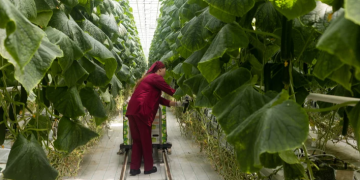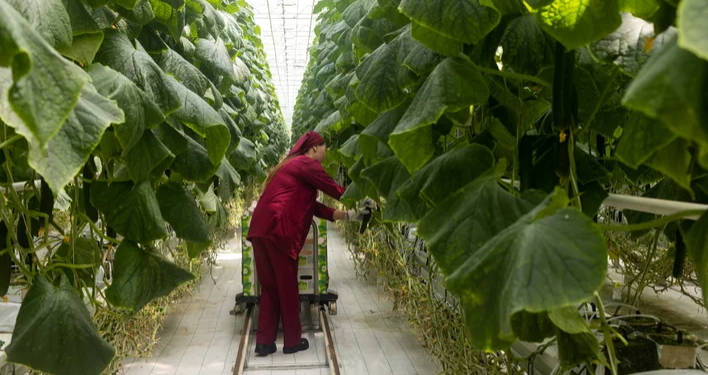#RussianAgriculture #SustainableFarming #LandReclamation #AgriculturalInnovation #FoodSecurity #GovernmentSupport #EnvironmentalProtection #ScientificResearch #FarmersSupport #AgriculturalPolicy
In a recent development, Russia has redefined its approach to agricultural development, with a significant focus on land reclamation. The government, led by Prime Minister Mikhail Mishustin, announced the expansion of a support program, allocating more than 8.5 billion rubles. The initiative aims to reimburse agricultural producers for expenses related to safeguarding lands against erosion while extending support to scientific and educational organizations engaged in pertinent research.
Mishustin emphasized the broadened scope of beneficiaries, stating, “Scientific and educational organizations involved in activities such as breeding and seed production can now receive funding.” Six specialized centers focusing on oilseeds, soybeans, sugar beets, and cereals are already prepared to participate in this groundbreaking program.
The premier also outlined decisions regarding the establishment of protective forest plantations and strategies to combat drought and soil erosion. “We are increasing the reimbursement level for such measures from 50 to 90%, funded by the federal budget,” Mishustin explained. “A total of over 8.5 billion rubles have been earmarked in the federal budget for these purposes this year,” he added. These measures are expected to enhance the properties of agricultural crops, contributing to food security.
In a move to support farmers affected by the situation in Ukraine, the Russian government has extended the deferment of preferential loans. This extension applies to short-term loans with maturity in 2023, covering both the payment of accrued interest and the repayment of the principal debt. Additionally, the official government announcement clarified that the expiration date is irrelevant for preferential investment loans.
Russia’s agricultural sector is undergoing a significant transformation with increased financial support and strategic initiatives. These measures not only fortify the resilience of farmers against environmental challenges but also promote scientific advancements for sustainable farming practices. The emphasis on soil protection, support for educational institutions, and prolonged financial assistance for affected farmers showcase a holistic approach toward a more robust and secure agricultural future.































